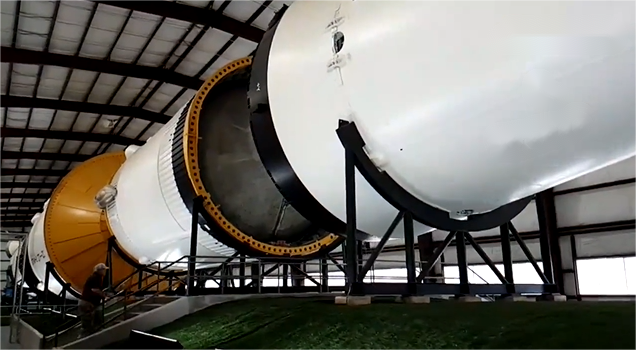
Today, high-temperature alloys with advanced thermo-mechanical properties such as corrosion and temperature resistance are used to produce different structures and components in the marine, aerospace, petrochemical, chemical, nuclear, process industries and medical fields. They operate smoothly even in harsh operating environments. In general, high temperature alloys consist of a variety of metals with excellent mechanical properties, such as high tensile properties, good surface stability, thermal creep deformation, and corrosion and oxidation resistance. In addition, there are various types of high temperature alloys, such as nickel-based high temperature alloys and titanium-based high temperature alloys. Among them, nickel-based high-temperature alloys are widely used in metallurgy, automotive, energy and other aerospace fields, as well as in biomedical fields, due to their excellent mechanical properties such as high mechanical strength, low density, and resistance to oxidation over a wide temperature range.
In plant engineering and vessel construction, Chrome series nickel alloys (CrNi) are used for welding and cladding of corrosion- and temperature-resistant materials.
The nickel alloys of the Iron series (FeNi/NiFe) have a low coefficient of thermal expansion. In the aircraft industry, they are used to manufacture aircraft components from composite materials to prevent distortion during autoclaving.
Copper-nickel alloys such as ERCuNi are extremely resistant to seawater corrosion. They are used in the manufacture of heat exchangers in desalination plants and for welding seawater pipes and valves used in the marine environment.

